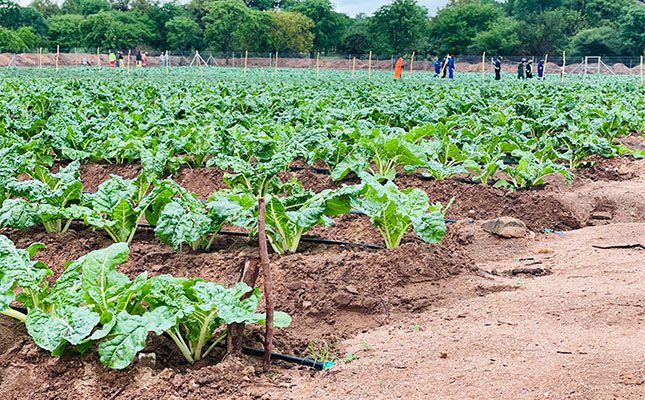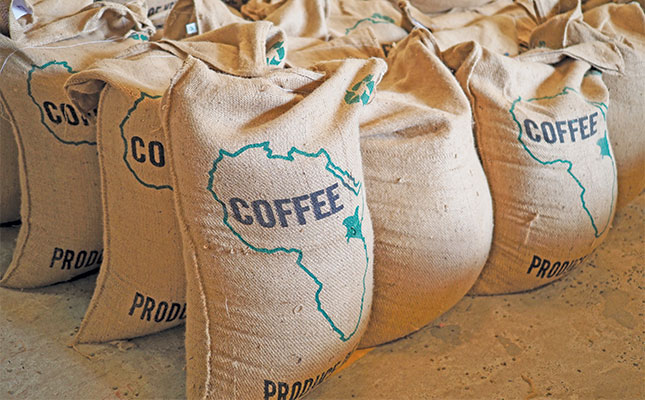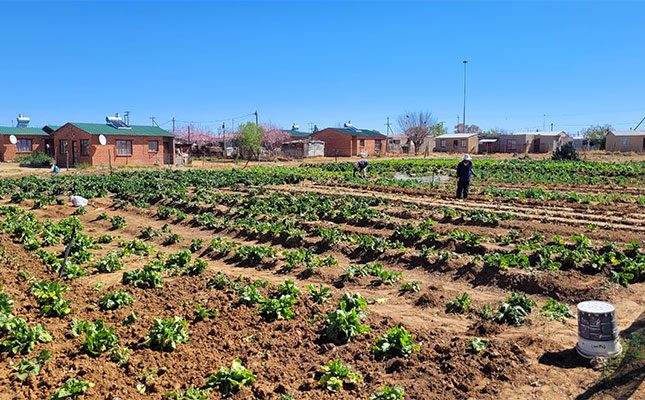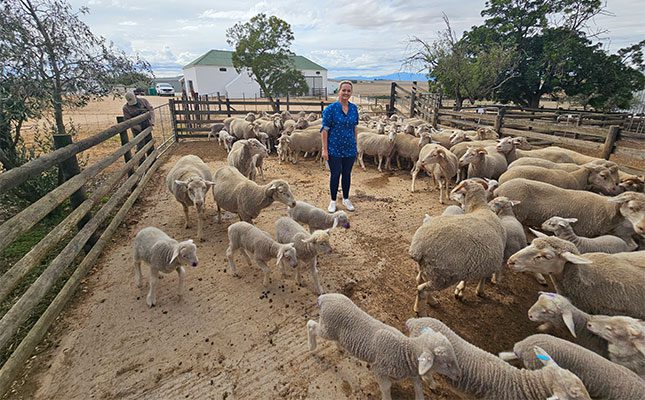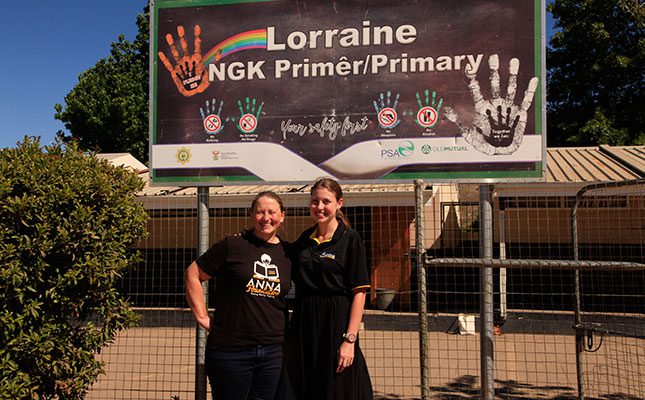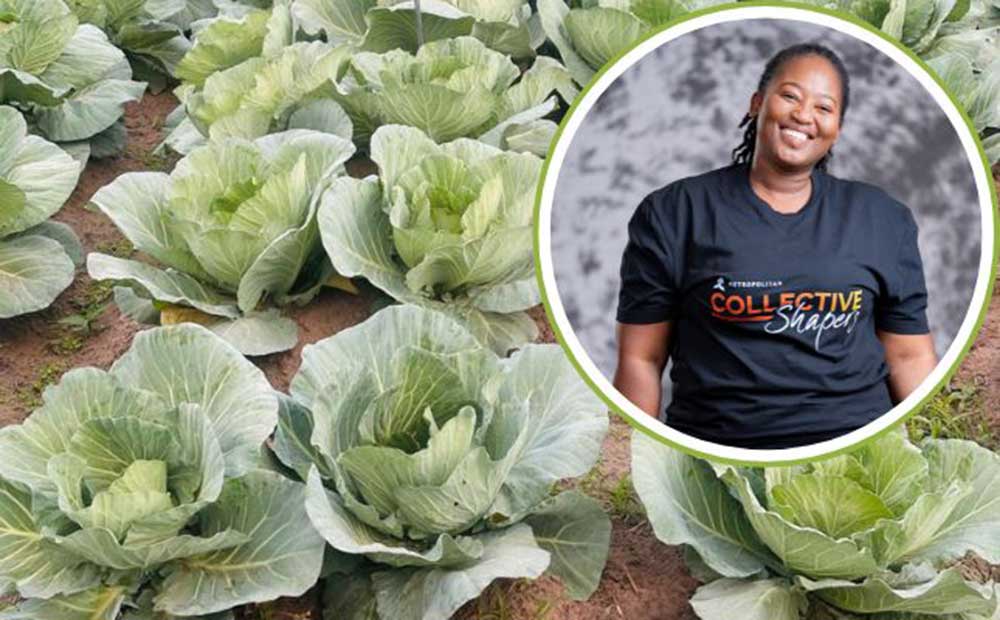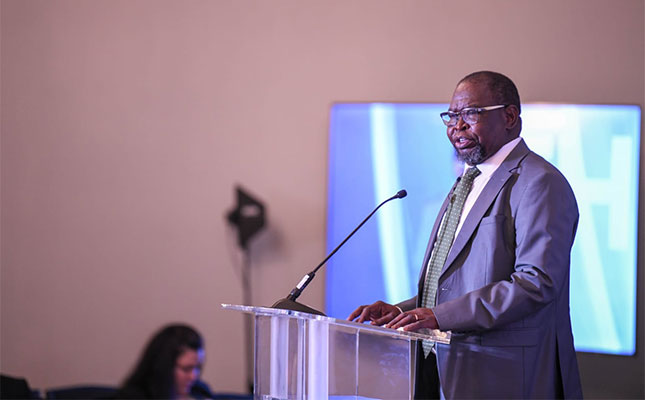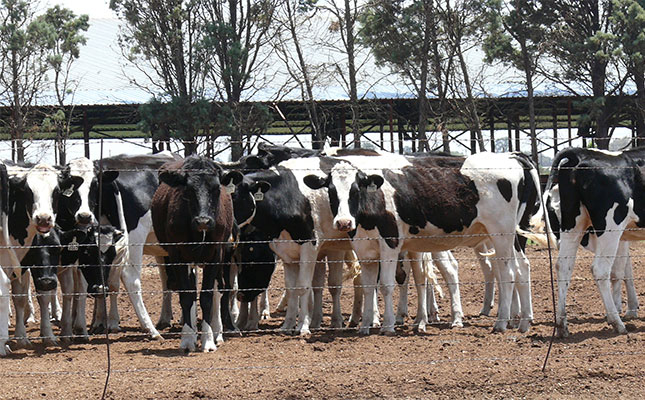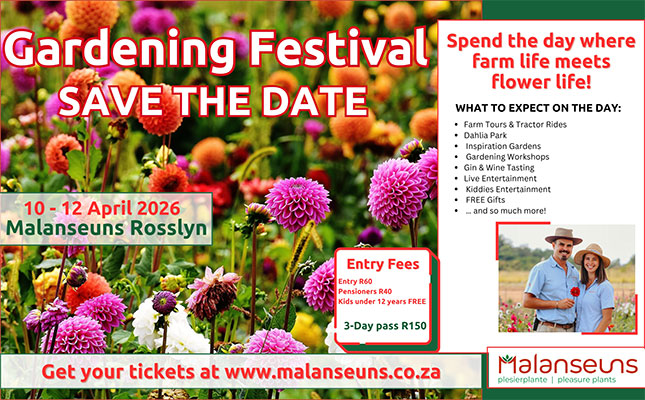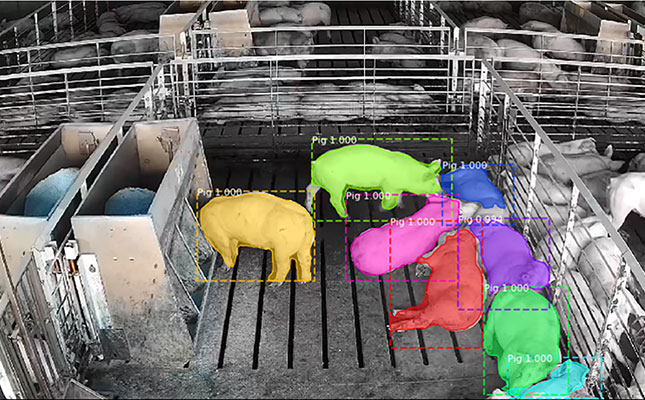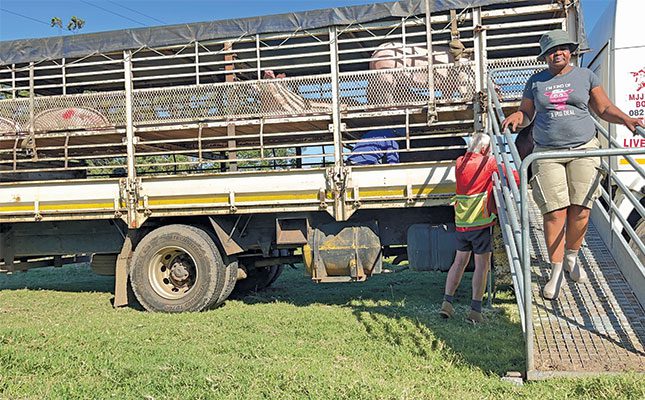
“Before receiving support from the ECRDA through its blended finance scheme, we were producing about 1,5t of pork every two months. With this intervention, we have expanded our capacity to operate a 50-sow unit, which has increased our production significantly. Our goal is to continue growing and meeting the rising demand for pork in the Eastern Cape,” says Sifingo.
She adds that the ECRDA’s assistance has helped her meet some of the demand from her existing clients, which include butcheries and regulars who buy in bulk. Despite the support, Sifingo says she’s still only able to meet around 40% of client demand, so she needs more support.
According to Sifingo, she was particularly inspired to start farming by her late mother and a group of determined elderly women in her village.
“They built a piggery stokvel that helped many [people] become businesspeople, all without outside support. Their strength showed me that farming can transform lives,” she explains.
Production
Sifingo runs a farrow-to-finisher piggery in houses. She also invests in premium breeding stock.
“I buy in the sows when they’re already pregnant or ready to be put to the boar.”
Pigs are slaughtered at 152 days old, weighing around 80kg to 90kg.
“We maintain strict biosecurity measures to protect herd health. Slaughtering is done at a registered abattoir, after which I sell directly to local butcheries,” says Sifingo.
She currently employs four permanent employees and three interns.
“My management style isn’t about policing but rather assisting everyone to understand Cingisita Piggery’s bigger vision. I make sure they understand they are part of the change so that their effort matches the goals we want to achieve.”
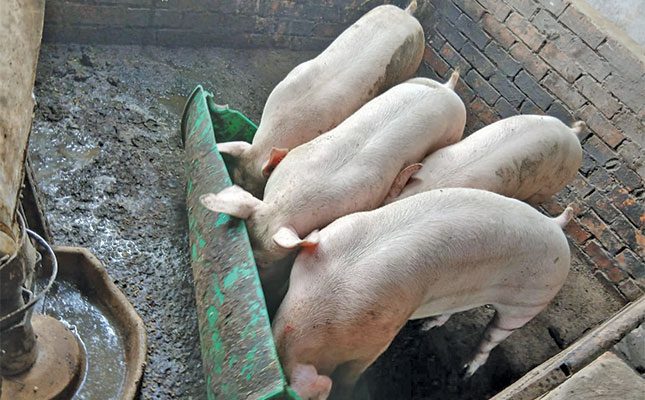
Challenges
One of the biggest challenges Sifingo faces is land ownership and control.
“In many of our communities, land is predominantly owned by men, which means I often have to rent piggery facilities. This not only increases my costs but also limits my potential for profit growth,” she says.
She adds that this lack of secure land access makes it difficult for her to invest in the future.
“What’s even more frustrating is seeing government farms left unused or vandalised due to complicated contracts, yet I don’t have access to them. I believe addressing these barriers is essential, not just for empowering women farmers like me but also for advancing the pig industry as a whole.”
Another challenge is the lack of infrastructure, water, and electricity, which increases input costs and makes it difficult to scale up production.
What lies ahead
Sifingo says even though pig farming provides a major opportunity for rural development, less than 1% of black producers farm pigs commercially in the Eastern Cape.
“There are no known black commercial women pig farmers [in the province], despite the Eastern Cape facing a pork shortage. As a result, most pork consumed here is sourced from other provinces, which means lost opportunities and revenue for local farmers.”
That’s why Sifingo aspires to become one of the top pork producers in the Eastern Cape.
“My goal is to help transform the Eastern Cape into a pork hub that keeps economic benefits within the province,” she says.
She adds that she wants to change the face of the pig industry with the help of the Eastern Cape Pork Producers’ Association.
“I believe that with structured funding and joint effort, we can achieve so much more,” says Sifingo. She explains that legacy is about empowerment: “On 12 August, for example, we hosted a two-day training [event] on farrowing house management and practical artificial insemination. I invited farmers under Cingisita’s mentorship to take part.
“Moments like that where skills are transferred and confidence is built are the lasting changes I want to leave behind,” she says.
For aspiring pig farmers, Sifingo has this advice: “Don’t just focus on raising pigs; think bigger and build a full pork business.
“It’s important to invest in your knowledge and skills continuously, because farming isn’t just about animals; it’s about running a sustainable business.
“Also, build strong relationships with experienced people who have already walked the path. Learning from their successes and challenges will help you avoid mistakes and grow faster. Ultimately, it’s about being confident, prepared, and determined to succeed!”
For more information phone Phumza Sifingo on 060 668 8730.

